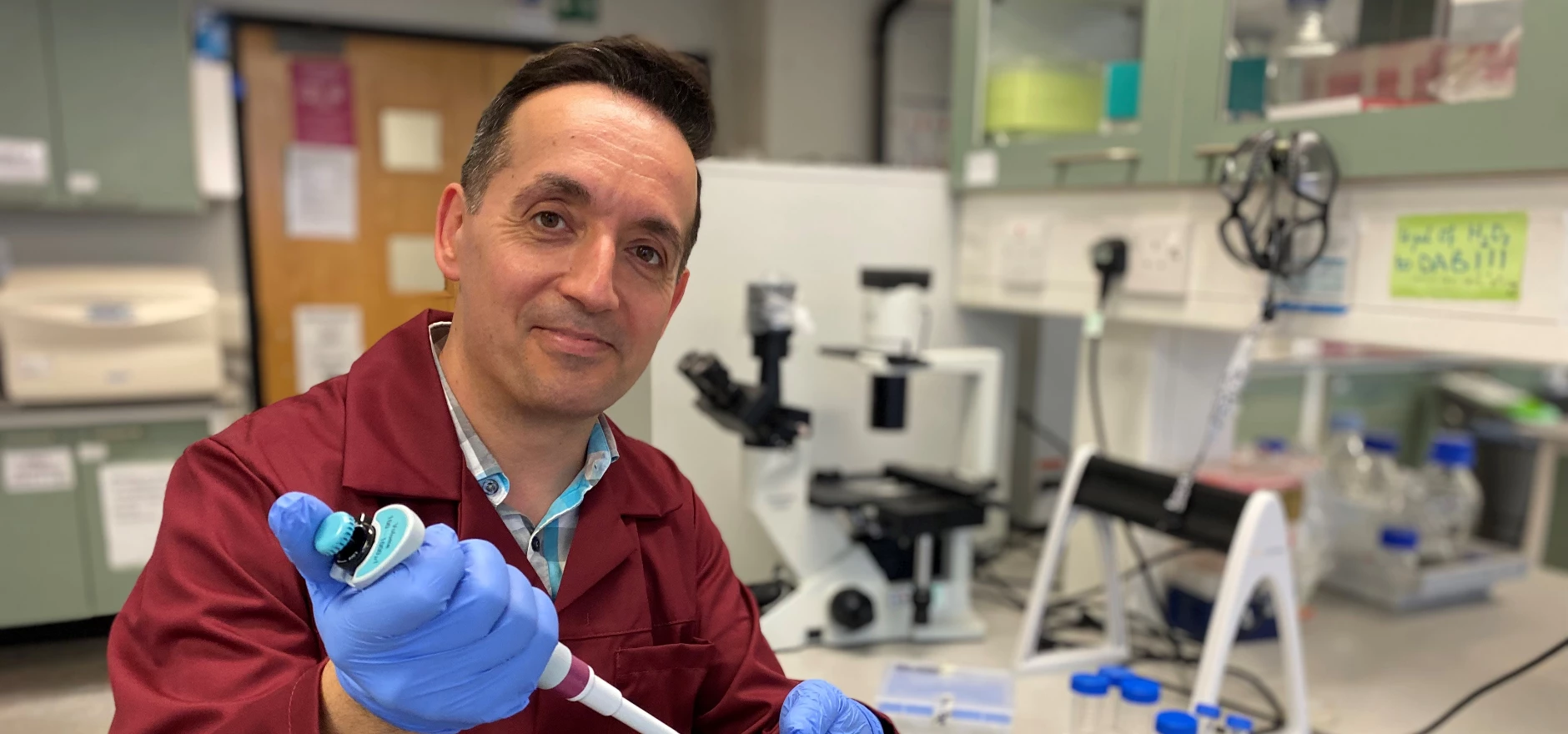
Breakthrough fights chemo hair loss
A research team has found a new way to boost the effectiveness of scalp cooling for chemotherapy patients.
Scientists at Sheffield Hallam University, working with scalp cooling pioneers Paxman, have discovered that combining antioxidant treatments with cooling can reduce chemotherapy-related hair follicle damage by up to 70 per cent.
Researchers say the breakthrough could lead to more consistent results from scalp cooling, a method already used by around 65 per cent of chemotherapy patients to help prevent hair loss.
They added the study showed optimal cooling at 18°C offers strong protection, but even sub-optimal cooling at 26°C became more effective when combined with antioxidants such as N-Acetylcysteine or Resveratrol, which reduce harmful molecules called reactive oxygen species that are triggered by chemotherapy and damage hair follicles.
Rich Paxman, chief executive of Paxman Scalp Cooling, said: “Our vision has always been to make our chemotherapy side-effect management technology available to everyone.
“Our partnership with Sheffield Hallam University has been central to achieving this vision.
“We are incredibly grateful for the team’s dedication and insight, and we are already working together on the next steps to translate this work into real-world solutions.”
The findings build on more than a decade of research led by Dr Nik Georgopoulos, and mark a promising step toward making hair loss prevention more accessible, reliable and effective for patients worldwide.
Dr Georgopoulos, associate professor in cell biology and transforming lives fellow at Sheffield Hallam University, added: “Our findings suggest the combination of cooling and antioxidants could be a game-changer in preventing chemotherapy-induced hair loss, and could make a real difference to the lives of cancer patients worldwide.
“It highlights the potential for a more effective and accessible solution to a common and highly distressing side effect of cancer treatment.
“By improving the quality of life for these patients, this method represents a significant advancement in supportive cancer care.”
Looking to promote your product/service to SME businesses in your region? Find out how Bdaily can help →
Enjoy the read? Get Bdaily delivered.
Sign up to receive our popular Yorkshire & The Humber morning email for free.








 Raising the bar to boost North East growth
Raising the bar to boost North East growth
 Navigating the messy middle of business growth
Navigating the messy middle of business growth
 We must make it easier to hire young people
We must make it easier to hire young people
 Why community-based care is key to NHS' future
Why community-based care is key to NHS' future
 Culture, confidence and creativity in the North East
Culture, confidence and creativity in the North East
 Putting in the groundwork to boost skills
Putting in the groundwork to boost skills
 £100,000 milestone drives forward STEM work
£100,000 milestone drives forward STEM work
 Restoring confidence for the economic road ahead
Restoring confidence for the economic road ahead
 Ready to scale? Buy-and-build offers opportunity
Ready to scale? Buy-and-build offers opportunity
 When will our regional economy grow?
When will our regional economy grow?
 Creating a thriving North East construction sector
Creating a thriving North East construction sector
 Why investors are still backing the North East
Why investors are still backing the North East